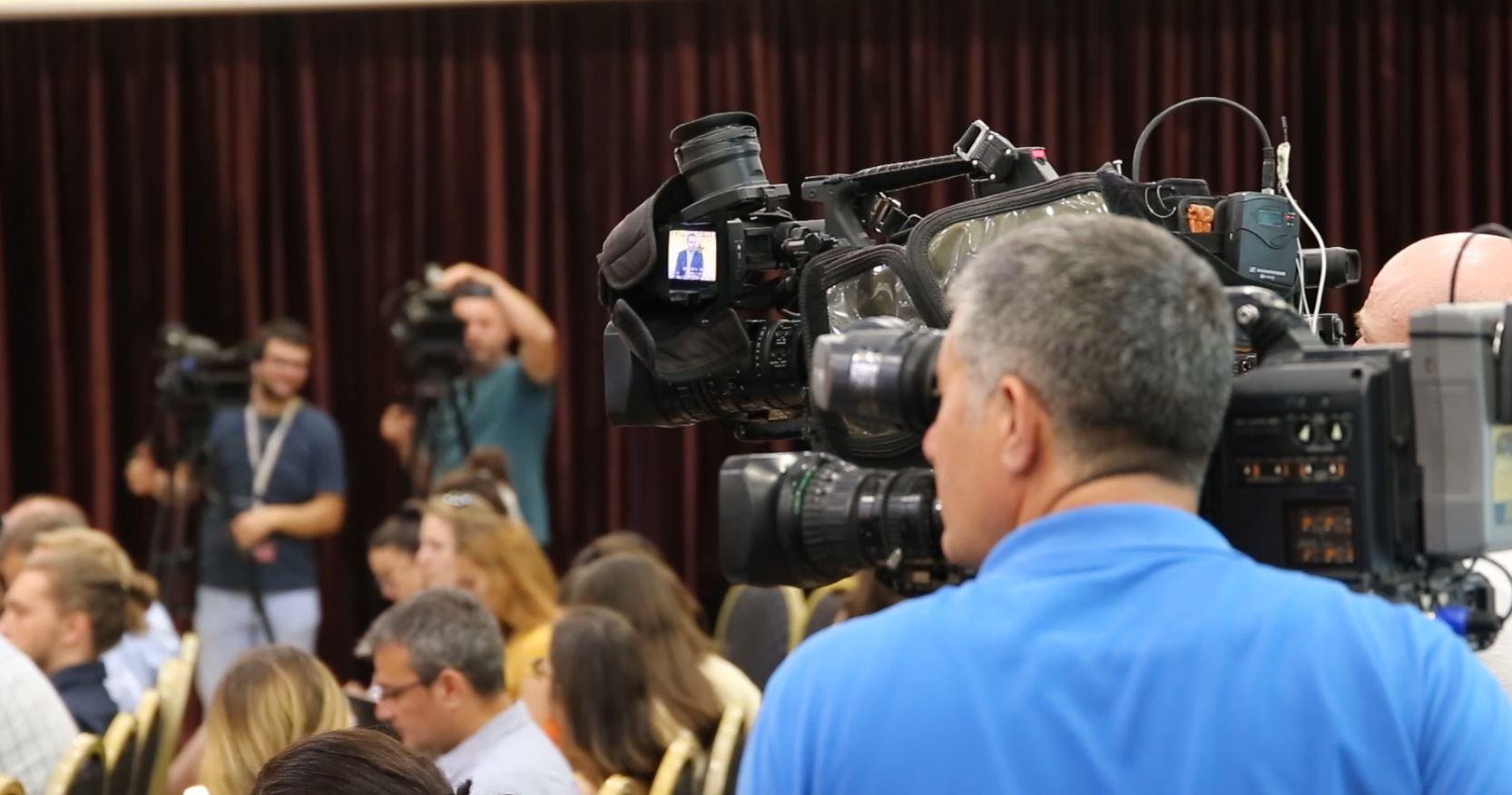Asset Publisher
Media Freedom in Albania
Asset Publisher
The recent Reporters Without Borders (RWB) report on freedom of the press reveals that media in Albania is still under pressure from the government. Currently Albania is ranked position 83 among 180 countries regarding press freedom. In 2020, the country held position 84.
Media law threatens press freedom
In December 2019, the Albanian Parliament passed two widely discussed, controversial media laws titled “anti-defamation package”. The legislative package authorises the Government to receive complaints about news websites, command retractions, and impose large fines.
In June 2020, the Venice Commission stated an opinion about the amendments - they fall short of international standards and principles of media freedom and raise concerns about increased censorship and self-censorship. Representatives from the ruling majority publicly committed to follow up on the guidance of the Venice Commission opinion - the draft media law is currently being revised.
Good legal environment, but bad enforcement
Free speech as such is constitutionally protected in Albania and uniformly recognised by politicians. A press law, a law on audio-visual media as well as the law on access to information serve as further guarantees for media freedom. According to the European Commission’s 2020 Progress Report for Albania – “As regards the freedom of expression, is moderately prepared”. Providing transparency regarding the ownership and funding of media outlets and the approval by the Parliament of a set of amendments to the media law, aiming to regulate online media remain a key issue. Albanian journalists report that the freedom of speech has “clearly declined”. Overall, the legal framework is in favour of media outlets, but lacks in practical implementation.
While crimes against journalists are not the norm in Albania, legal actions against journalists for libel and defamation are frequent. Steps toward full decriminalising have been undertaken in recent years, but international observers, including the OSCE media freedom representative, have demanded more progress in this matter. Fortunately, "after the government’s unsuccessful attempt in 2015 to recriminalise libel, no journalists faced libel accusations in 2016", the IREX report 2017 states.
IREX report 2021 acknowledges that Albania’s legislation generally guaranties the right of freedom of expression and freedom of media, but also points out the vulnerability of journalists and in terms of that their recourse to self-censorship.
Media independency worthy of improvement
Editorial independence of media outlets is not fully established in Albania, although media laws are technically of a high standard. According to the IREX Media Sustainability Index Albania 2019, “major improvements in quality and independence will happen only when the public Radio Televizioni Shqiptar (RTSH) is funded by its audience”. As of yet, RTSH is dependent on financial support provided by the Government.In addition to the difficult financial situation of media outlets on the oversaturated Albanian media market, which was hit hard by the financial crisis, independent media face discrimination through pressure from tax authorities and allocation of advertising budgets. Media in Albania are dependent on advertisement revenues. The largest part of funding comes from corporate actors, but government sponsored advertising also plays an important role. Furthermore, the economic effects of the Covid-19 pandemic have contributed to the shrinking of the advertising market even more, which leaves the media outlets even more vulnerable to economic pressure and thus undermining the quality and independence of their reporting.
In 2017 and 2018, Albanian Prime Minister Edi Rama called journalists – among other things – “ignorant”, “garbage bins” and “public enemies” upon being questioned on connections between his minister of interior to drug trafficking. This incident sparked international outrage and takes its place alongside a series of cases in which Albanian politicians – both governmental and oppositional – verbally attacked the media in recent times. According to a 2019 report published by the European Centre for Press and Media Freedom (ECPMF), “such language denigrates journalists and makes them appear to be a legitimate target for aggression in the eyes of the public, increasing the risk of threats or violence against them”.
Albanian Journalists have reported experiencing an increase in online harassment after being insulted by the Government. Reporters Without Borders has also monitored this issue, coming to the conclusion that “behind the colourful language used against the media stands a ‘strategy of abuse,’ which aims to derail public attention from scandals by providing a readymade TV spectacle”. It might as well be “an attempt to delegitimise the ever shrinking pool of critical journalists”.
Sources:
- IREX Media Sustainability Index Albania 2017
- IREX Media Sustainabilty Index Albania 2019
- Global Right to Information Rating
- Reporters Without Borders, World Press Freedom Index 2019
- Reporters Without Borders, World Press Freedom Index 2020
- Freedom House, Freedom of the Press 2016
- European Commission, Albania Progress Report 2016
- 2019 article “Albanian Government Gives Broadcasters Millions of Euros Weeks Before Election”, exit.al
- 2019 “Albania: Preliminary findings of joint freedom of expression mission” by European Centre for Press and Media Freedom (ECPMF)
- Reporters Without Borders, World Press Freedom Index 2020
- European Commission Progress Report 2020 for Albania
- Freedom House Report 2021
- IREX Vibrant Information Barometer 2021 Albania
Lina Rusch, KAS Media Programme South East Europe
2016 adjusted by Rebecca Kittel, KAS Media Programme South East Europe
2017 adjusted by Lena von Holt, KAS Media Programme South East Europe
2020 adjusted by Luise Mosig, KAS Media Programme South East Europe
2021 adjusted by Stanislava Madoleva, KAS Media Programme South East Europe



